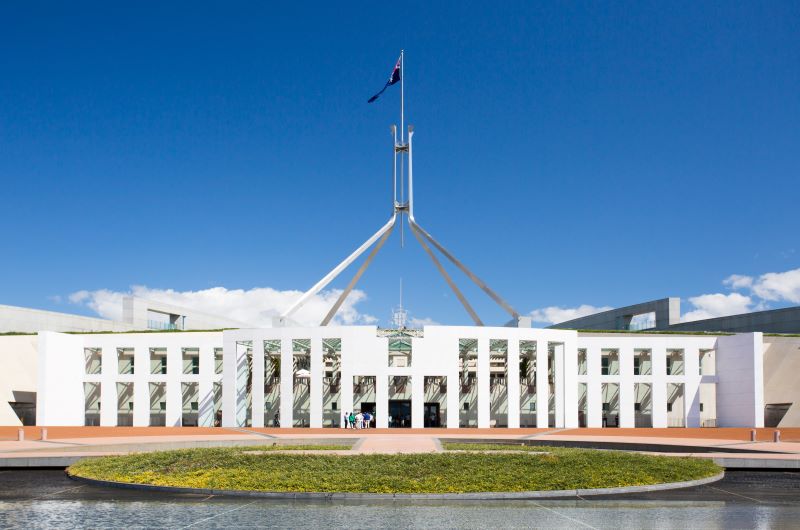Equipping professional accountants for sustainability
The International Federation of Accountants has developed a concise resource to guide accounting professionals and...
READ MORE
The reintroduction of the proposed superannuation guarantee amnesty into Parliament has been welcomed by employers and small business advocates.

After a year of uncertainty, the government has reintroduced legislation to establish a one-off amnesty for historical underpayment of superannuation guarantee (SG).
The bill incentivises employers to come forward and do the right thing by their employees by paying any unpaid superannuation in full.
The Australian Small Business and Family Enterprise Ombudsman, Kate Carnell, has applauded the government’s initiative, noting that while most businesses do the right thing in this area, the bill will push the remainder to catch up on paying superannuation entitlements to staff.
“We support the bill as it would provide small business with a window of time to get up to date with outstanding payments to current and past employees,” Ms Carnell said.
She cautioned that since the Australian Taxation Office has access to company data through Single Touch Payroll, it’s easy for them to find out if a small business has late or unpaid superannuation payments.
“So, now is the time for small businesses to speak to their trusted advisers and get their affairs in order,” Ms Carnell said.
“All Australian workers should be paid the entitlements they’re owed. The amnesty, if passed, would give small businesses a short amount of time to ensure they are compliant.”
She added that if the bill gets through, “small businesses should act quickly to take advantage of the amnesty or face significantly higher penalties if found to be non-compliant”.
Reuniting Australians with their unpaid super
Last week, the government announced it is taking action to help “hardworking Australians receive the superannuation they have earned”.
“Employers will not be off the hook – to use the amnesty, they must still pay all that is owing to their employees, including interest. However, the amnesty will encourage employers to come forward and pay outstanding superannuation, by not hitting them with the penalties usually associated with late payment,” the Assistant Minister for Superannuation, Financial Services and Financial Technology, Jane Hume, said.
She explained that employers who do not take advantage of the one-off amnesty will face significantly higher penalties when they are subsequently caught. Typically, employers will face a minimum 100 per cent penalty on top of the SG charge they owe.
The amnesty was originally announced in May 2018 to apply from 24 May 2018 until 23 May 2019, but the legislation to establish the amnesty did not pass the last parliament. Should the new bill pass without amendments, the amnesty period will start from 24 May 2018 and end six months from the date it receives royal assent.
“This is a practical measure that is all about reuniting hardworking Australians with their super. My message to employers who owe super is: come forward now. Do not delay. This is a one-off opportunity to set things right, and going forward the ATO has the tools to spot unpaid super,” the Assistant Minister concluded.